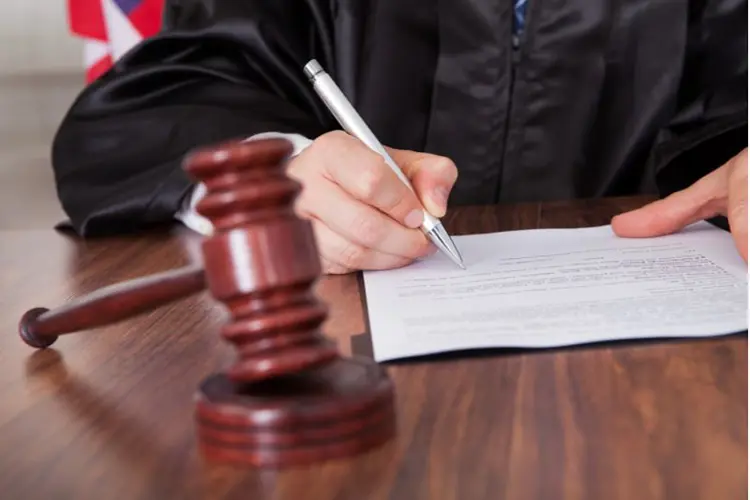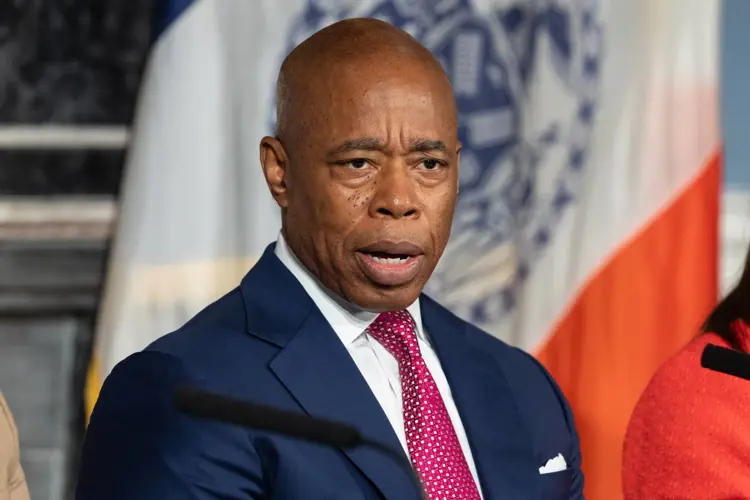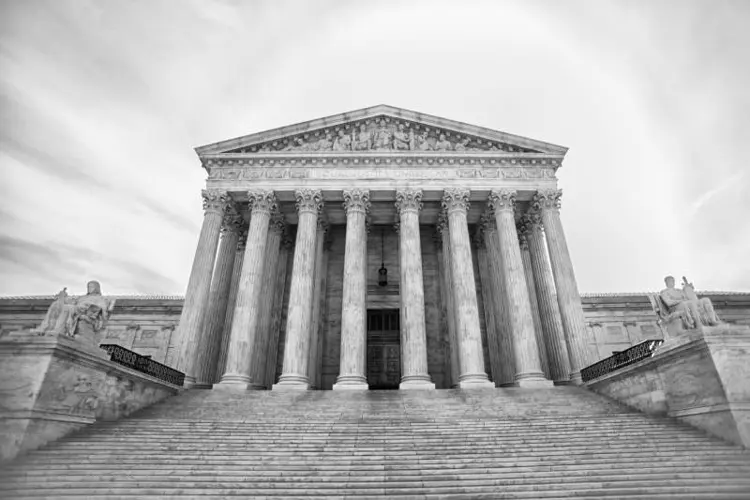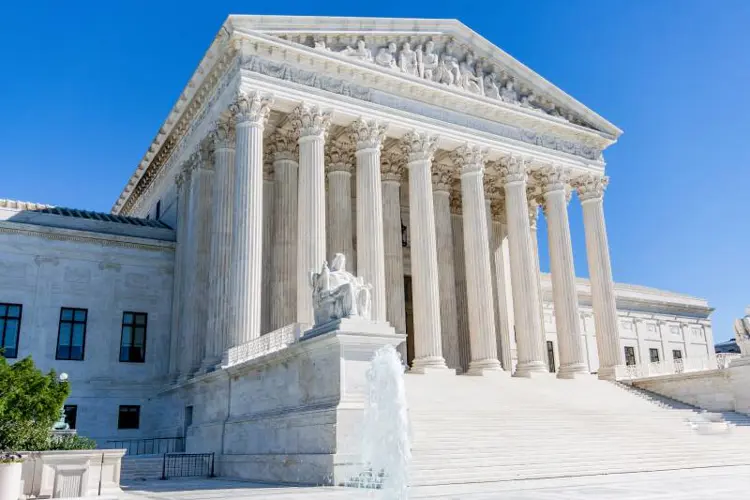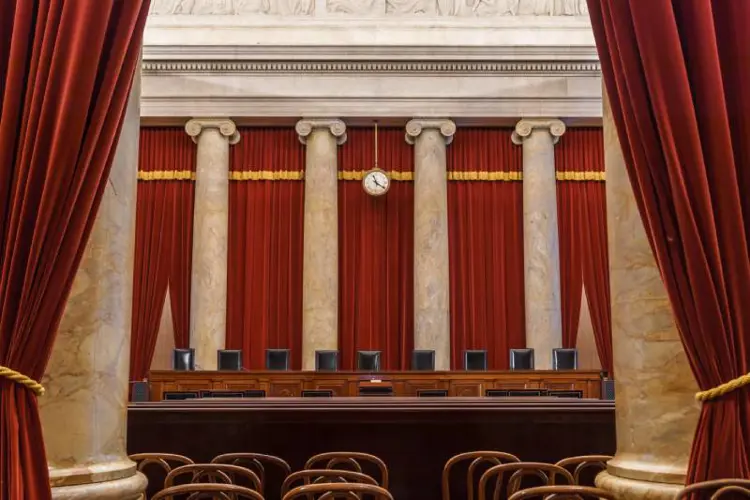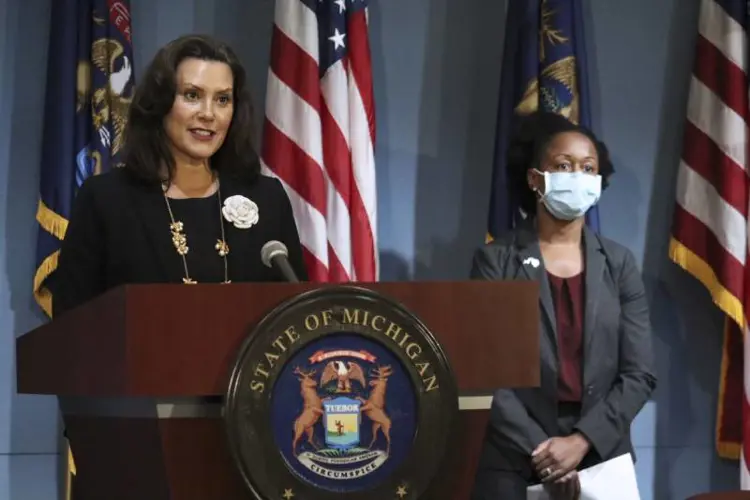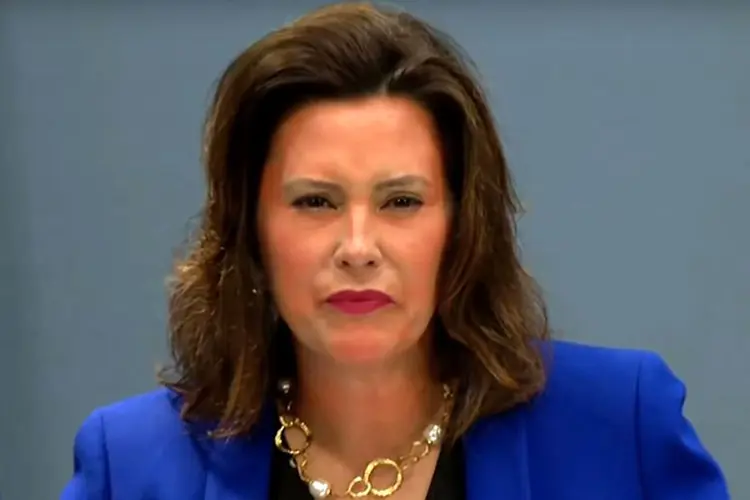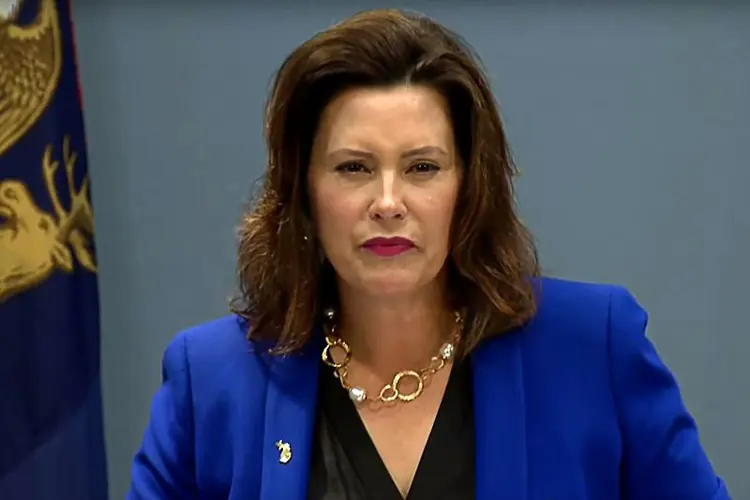On April 4, New York City Mayor Eric Adams stood at a podium surrounded by city health officials and dedicated anti-vaping activists to announce a lawsuit against 11 companies accused of selling illegal flavored disposable vapes. The event was nearly identical to last year’s announcement of legal action against a different group of vape distributors.
This year’slawsuit—filed in a state court in New York County (Manhattan)—is a more modest effort than last year’s federal lawsuit filed in the U.S. District Court. Like last year’s lawsuit, the businesses are accused of violating New York City Public Health Law, city administrative code, and a “public nuisance” statute, but gone are the wild accusations of racketeering and wire fraud.
New York State prohibited the sale of flavored vapes (except tobacco flavor) in 2020, just months after New York City passed a similar law. As with most vape bans, the New York law is widely ignored, and flavored products are easily available in most places.
"Part of protecting public safety means protecting the health of New Yorkers, including our most vulnerable—our children—and this administration is committed to enforcing the law when it comes to illegal vape sales," Adams said in a press release. "This lawsuit will help hold 11 wholesalers accountable for their part in the illegal sale of flavored disposable e-cigarettes at a time when nicotine addiction among middle and high school youth is exploding.”
Mayor Adams is chasing an epidemic that doesn’t exist---which may explain why his staff had to scour old survey results to find evidence of high youth vaping numbers.
“Nicotine addiction” is, of course, not exploding, in New York or anywhere else in the country. Use of vaping products by middle and high school students has declined by over 60 percent since its 2019 high, and past-30 day cigarette smoking has been under two percent for three years in a row. Of the 7.7 percent of students who reported vaping on the 2023 National Youth Tobacco Survey, only about a fourth said they vaped daily—under two percent of all students.
Mayor Adams is chasing an epidemic that doesn’t exist—which may explain why his staff had to scour old survey results to find evidence of high youth vaping numbers. It also explains why Adams was flanked on that podium by an officer of the vape prohibition group Parents Against Vaping (PAVE).
Adams is under investigation by city and federal officials for alleged campaign fundraising irregularities, and also faces a lawsuit alleging he sexually assaulted a former police colleague. He was also mired in a campaign scandal as last year's vaping lawsuit was announced.
The companies named in the city’s lawsuit are all located in New York State:
- EnvironMD Group LLC - Brooklyn
- GT Imports - Plainview
- Kayla Wholesale, Inc. (doing business as The Vapery) - Jericho
- KLCC Wholesale Inc. - Brooklyn
- V. Trading, LLC - Brooklyn
- Pioneer Distribution, Inc. (Wevapeusa.com, Seller Supreme LLC) - Brooklyn
- RZ Smoke Inc. - New Hyde Park
- Star Zone Inc. - Oceanside
- Urban Smoke Distributors - Woodside
- Vape More Inc. and More LLC - Latham
- Vape Plus Distribution Corp. (G&A Distribution) - Brooklyn
The Freemax REXA PRO and REXA SMART are highly advanced pod vapes, offering seemingly endless features, beautiful touchscreens, and new DUOMAX pods.
The OXVA XLIM Pro 2 DNA is powered by a custom-made Evolv DNA chipset, offering a Replay function and dry hit protection. Read our review to find out more.
The SKE Bar is a 2 mL replaceable pod vape with a 500 mAh battery, a 1.2-ohm mesh coil, and 35 flavors to choose from in 2% nicotine.
Because of declining cigarette sales, state governments in the U.S. and countries around the world are looking to vapor products as a new source of tax revenue.
The legal age to buy e-cigarettes and other vaping products varies around the world. The United States recently changed the legal minimum sales age to 21.
A list of vaping product flavor bans and online sales bans in the United States, and sales and possession bans in other countries.








